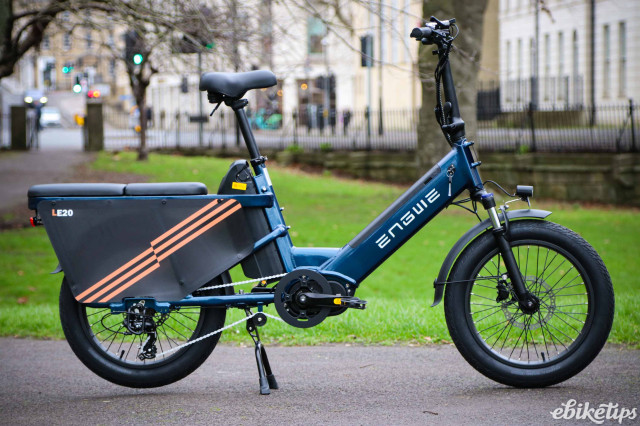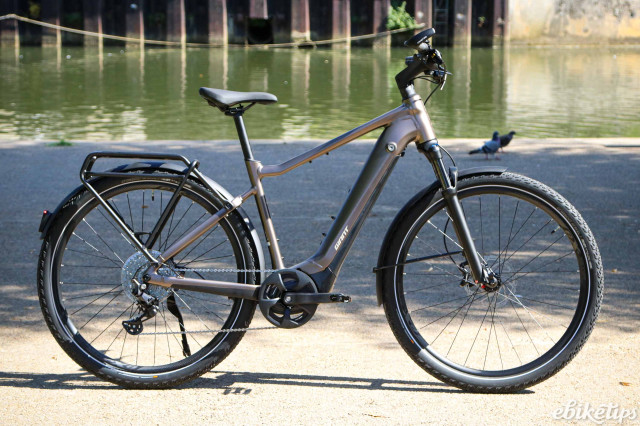The Financial Times has seen fit to identify a number of “Tesla-disruptors” for would-be investors. The newspaper argues that solid state batteries will reach production sooner than many people expect and will pose a threat to Tesla’s hold on the electric car market.
Solid-state batteries have the potential to offer greater range, faster charging and a longer lifespan than the lithium-ion batteries commonly used at present.
However, Tesla CEO Elon Musk has rarely commented on the technology and the firm’s stated ambition is to increase the energy density of its lithium-ion batteries by 50 per cent over the next three years.
Writing in the FT’s ‘Lex in depth’ column, June Yoon said: “[Tesla’s] hold on the electric vehicle market has as much to do with the longer range and fast charging times of its models as its innovative software and disruptive marketing. Yet its network of superchargers around the world would give little competitive advantage if cars could be charged as quickly at home.”
According to Brian Sheldon, professor of engineering at Brown University: “Fast charging does not pair well with liquid electrolytes. The heat generated in the process can damage batteries and absolutely raises the risk of fires. Solid-state batteries could solve that risk.”
Late last year, we reported on the solid-state battery produced by QuantumScape, a start-up that saw a 1,000 per cent rise in its share price at one point in 2020.
While the firm is garnering more attention than most, the FT says it lacks manufacturing clout and so points instead to established Asian companies such as Toyota, Samsung and Hitachi Zosen as better bets for investors. The last of those recently claimed to have developed the 'world's highest-capacity' solid state battery, which is due to be tested in space.
“For these companies, and their investors, solid-state batteries are a lucrative bet,” writes Yoon. “Each incremental improvement in such technology has generated windfalls for the first movers.”
Yoon points out that the number of new global patent applications for batteries and electricity storage equipment has grown four times faster than the average of all other technology fields, and that patents related to solid-state batteries have shown the biggest rate of growth. This is presented as a sign that mass production could arrive sooner than has widely been expected.
“How soon we get to mass production is simply a function of how much is invested,” said Donghwan Kim, chief executive of Seoul-based venture capital firm, Hana Ventures. “In chip making, for example, most limitations — including those once said to be technologically impossible — have been overcome by increasing funding. The recent growth in the electric car market means that much more capital can now be allocated to bringing solid-state batteries to market.”






